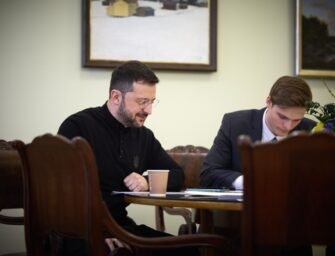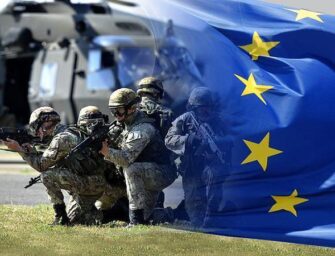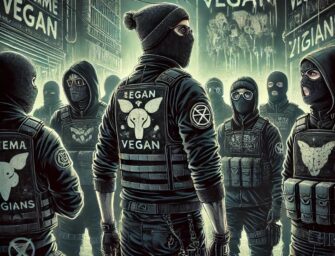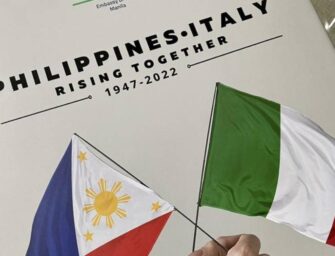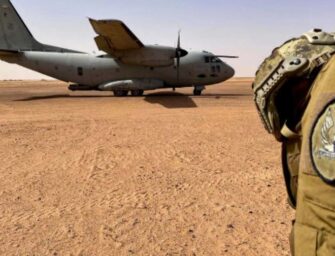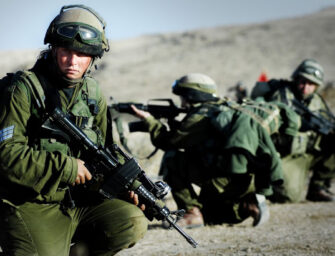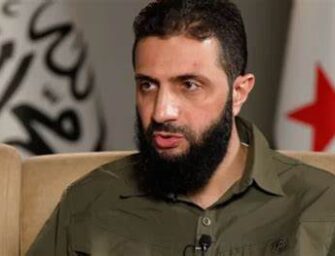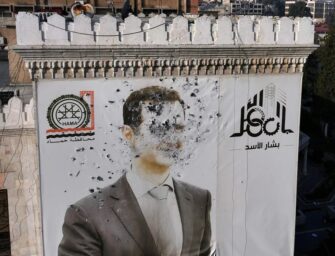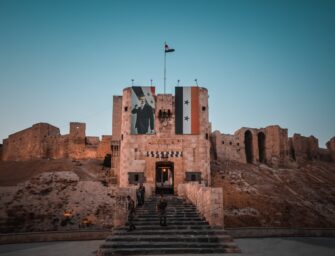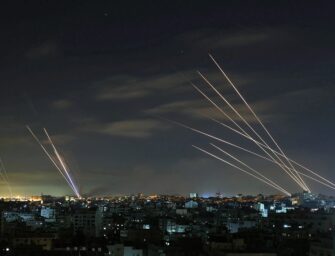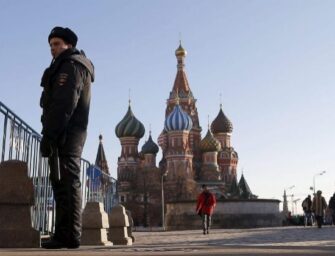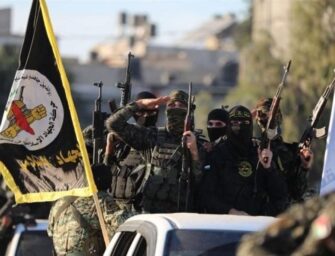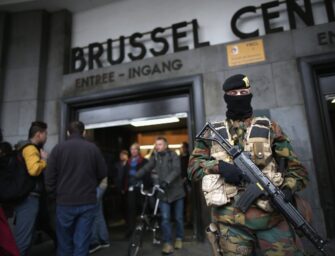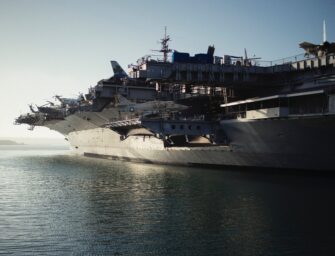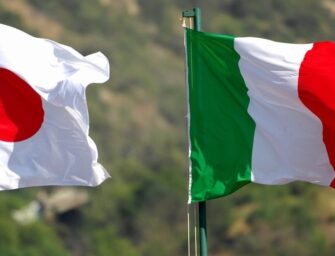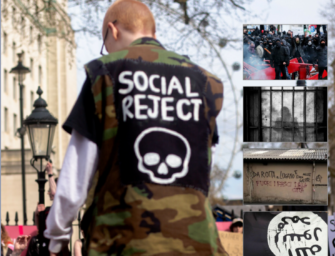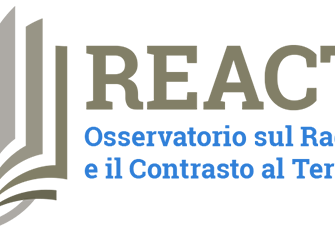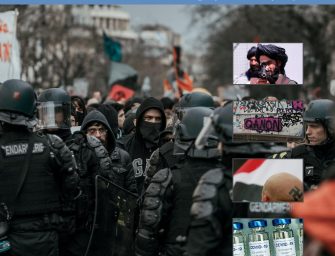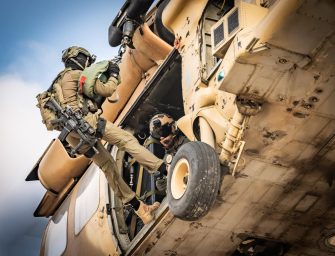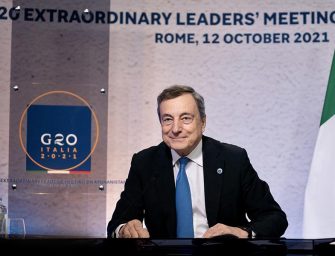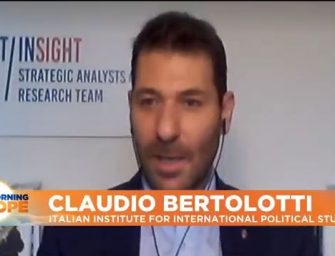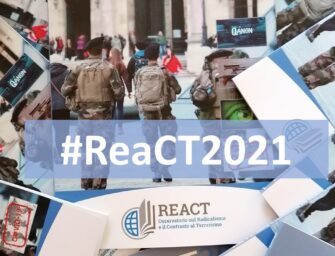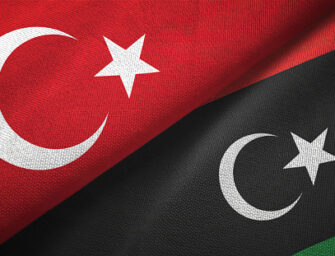General David Petraeus, US Army (Ret.) and former Director of the CIA, interviewed by Claudio Bertolotti
by Claudio Bertolotti
The Italian version of this interview was published in the Italian Army military magazine ‘Rivista Militare‘ N.°3/2020.
US Army General (Ret.) David Petraeus headed the Multinational Forces in Iraq -where he supervised the ‘surge’ campaign in 2007-8-; served as Commander in Chief of the US Central Command CENTCOM (2008-10) and led Coalition Forces in Afghanistan (2010-11). He is a former Director of the CIA. He is now a Partner with the global investment firm KKR and Chairman of the KKR Global Institute.
Rather than setting the stage for a difficult intra-Afghan compromise, then, the deal implicitly appears to anticipate the endgame the insurgents themselves have consistently articulated since 2001: a Taliban reconquest of the country.
General Petraeus, how do you feel about the WHAM strategy (‘Winning Hearts and Minds‘), which particularly characterized your leadership in the Afghan (and Iraqi) wars, considering the situation the two countries are facing today?
As we stressed in the counterinsurgency field manual, “the decisive terrain” in such an endeavor is the “human terrain.” A counterinsurgency campaign necessarily focuses on the people, on providing them security and then on solidifying the security foundation by helping to restore basic services, repair damaged infrastructure, re-establish local governance, revive local economies, and so on –; to show the people that their lives will be better if they support the government and the coalition forces supporting the government, rather than if they actively or tacitly support the insurgents. And over time, as security and the situation improve for the people, they understand the logic of rejecting the insurgents and supporting the counterinsurgents.
Looking at negotiations with the Taliban and military disengagement from Afghanistan: are you disappointed in how it ended or was it the only deal that could be reached today?
The agreement holds out the tantalizing prospect of transforming Afghanistan from a problem that will require the perpetual military management of the United States into one that can be solved politically, once and for all. But the risks presented by this gamble are huge, and the signs from the deal’s early aftermath – continued Taliban attacks and an Afghan government in disarray – are not encouraging.
The Taliban’s vehement insistence that all U.S. troops leave Afghanistan strongly suggests that its purpose in peace talks isn’t to transform its relationship with the United States but to evict its forces so that they can then overthrow the Afghan government. The deal would seem to give the Taliban little incentive to bargain seriously with the internationally recognized government in Kabul, since its opponent’s position will grow progressively weaker as the deadline for international withdrawal approaches. Rather than setting the stage for a difficult intra-Afghan compromise, then, the deal implicitly appears to anticipate the endgame the insurgents themselves have consistently articulated since 2001: a Taliban reconquest of the country.
A personal consideration on the Afghan war.
We went to Afghanistan for a reason – to eliminate the Al Qaeda sanctuary in Afghanistan, under Taliban rule, in which the 9/11 attacks were planned and where the initial training of the attackers was conducted. And we have stayed for a reason – to ensure that al-Qaeda did not succeed in re-establishing that sanctuary, something they have repeatedly sought to do since the Taliban and other insurgents returned to Afghanistan and repeatedly carried out violent attacks on the Afghan people, their forces, and their coalition partners.
General, the author of this interview had the honor of serving his country in Afghanistan alongside US troops, partly during Operation Enduring Freedom, partly during the subsequent ISAF mission. What is your opinion about the Italian commitment in Afghanistan?
It was a privilege to have superb Italian contingents in Afghanistan and to have an Italian commander and headquarters as Regional Command West in Herat. During my time as Commander of US Central Command (2008-2010) and then as Commander of the International Security Assistance Force in Afghanistan (2010-2011), the Italian forces in RC-West conducted textbook counterinsurgency operations. All Italians should be very proud of the men and women who wore their country’s uniform in Afghanistan.
General David H. Petraeus (U.S. Army, Ret.)
 General David H. Petraeus (U.S. Army, Ret.) is one of the most prominent U.S. military figures of the post-9/11 era. During his 37-year career in the United States Army, General Petraeus was widely recognized for his leadership of the organization that produced the U.S. Army’s counterinsurgency manual and overhauled all aspects of preparing U.S. Army leaders and units for deployment to combat; for his subsequent command of the Surge in Iraq that retrieved a desperate situation and dramatically reduced violence in the country; and for his command of coalition forces in Afghanistan as they reversed the momentum of the Taliban and enabled initial transition of tasks to Afghan forces and institutions. He culminated his military career with six consecutive commands as a general officer, five of which were in combat, a record unmatched in the post-World War II era. General Petraeus has been awarded numerous U.S. military, State Department, NATO, and United Nations medals.
General David H. Petraeus (U.S. Army, Ret.) is one of the most prominent U.S. military figures of the post-9/11 era. During his 37-year career in the United States Army, General Petraeus was widely recognized for his leadership of the organization that produced the U.S. Army’s counterinsurgency manual and overhauled all aspects of preparing U.S. Army leaders and units for deployment to combat; for his subsequent command of the Surge in Iraq that retrieved a desperate situation and dramatically reduced violence in the country; and for his command of coalition forces in Afghanistan as they reversed the momentum of the Taliban and enabled initial transition of tasks to Afghan forces and institutions. He culminated his military career with six consecutive commands as a general officer, five of which were in combat, a record unmatched in the post-World War II era. General Petraeus has been awarded numerous U.S. military, State Department, NATO, and United Nations medals.









